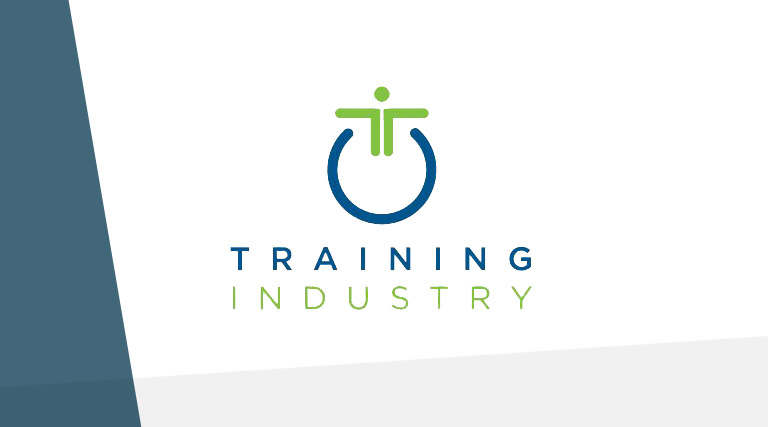The Learning Systems survey shows the future looks bright, but how can the LMS do better?
Isn’t it great when you get your performance review at work and you hear nothing but praise about the great work you do everyday and the phenomenal impact and the amazing results you’re delivering? And doesn’t that tell you that you’ve hit the top of your game and now you can coast for the rest of your career?
Hold up a sec! We all know that’s not how it works. Even when you get stellar reviews, there’s always something more to learn to develop your skills and get you to that next level in your career. The same can be said about the learning systems that many organizations rely on to support employee and organizational success. Which brings me to the recently announced results of the Learning Systems survey commissioned by Totara in partnership with Training Industry.
As you can see in the Learning Systems survey press release, the current and future state of the LMS looks bright:
- 77 percent surveyed rate their learning management system (LMS) favorably
- Survey respondents gave their LMS an average Net Promoter Score of +9; a huge improvement compared to study findings from previous years that yielded abysmal NPS scores, some as low as -57
On top of this, the LMS still dominates an increasingly complex learning technology stack according to the survey, and 76% of respondents said they plan to increase their training budget in FY2021. All great news for organizations and their employees. Good news for LMS providers as well, but a closer look at the survey data reveals a number of areas for LMS improvement.

1. Highly complex learning software ecosystems
Another key finding of the survey is that 72% of those surveyed said their organization has three or more installed employee lms training software/systems, which points to a high level of complexity for organizations that must manage and integrate disparate systems in order to deliver effective and engaging learning experiences.
This is a lot to ask of HR leaders, L&D and training teams. Organizations should take a long, hard look at their learning technology stack and find ways to simplify with fewer or single platforms that have the adaptability to deliver on their learning, engagement and performance management needs.
2. Better LMS integration is crucial
The need to simplify is further supported by respondents who answered why their organization uses an LMS. “Optimizing resources” and “Scaling learning initiatives across the enterprise” were among the top three responses to this question.
To achieve these results, organizations need to tightly integrate learning systems that can cost-effectively and efficiently scale and adapt with the organization as it evolves. We’ve seen how important LMS adaptability is during the year of COVID-19 when organizations needed to expand learning and development programs more urgently and rapidly than ever before.
3. The need for LMS adaptability
Returning to Net Promoter Scores, we can see the important need for LMS adaptability and scalability in some of the quotes collected from survey respondents who gave their LMS lower than average NPS ratings.
Here are a few anonymous statements from survey respondents and the industries they represent:
“It does the job, but could be more effective, more user friendly and easier to manage than it is now. It is rudimentary given the size and scope of our organization.” – from the hospitality industry, gave a Net Promoter Score of 5 out of 10.
“It’s difficult to customize the lessons for our business.” – from the business services/consulting industry, gave a Net Promoter Score of 6 out of 10.
“It is not flexible with what we need for providing training resources to our clients.” – from the healthcare industry, gave a Net Promoter Score of 5 out of 10.
Organizations and their employees should be encouraged by the Learning Systems survey results. Same goes for LMS providers, but it’s also clear there’s plenty of room for improvement.
To sum up with a Darwinian perspective, evolution is the key to survival and to winning in nature and in business. In order to evolve, people, processes and technologies need to be adaptable.
Ready to tackle the key areas of LMS improvement?
Download our guide to building the perfect LMS for your organization (and learners) to tackle the key challenges outlined in the Learning Systems survey.


